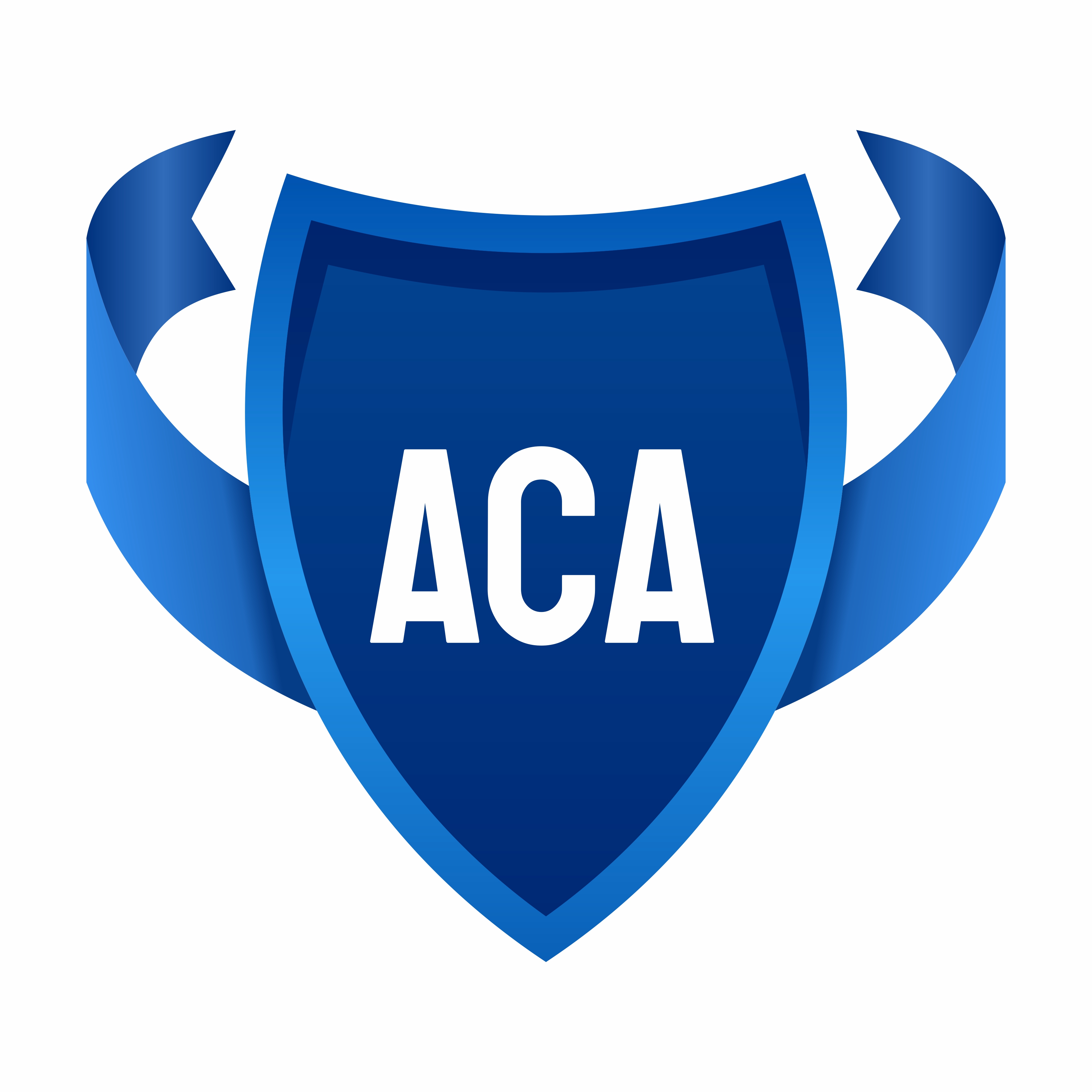In today’s increasingly digital world, cloud computing is at the center of innovation, scalability, and efficiency. However, with this convenience comes the rising concern of cloud security. As businesses transition more operations to the cloud, the demand for certified professionals who understand how to secure cloud environments continues to grow. The Certified Cloud Security Professional (CCSP), offered by (ISC)², is one of the most respected credentials in the cloud security domain and is designed to meet this critical demand.
What is the CCSP Certification?
The CCSP is a vendor-neutral certification that validates a professional’s knowledge and practical experience in cloud security architecture, design, operations, and service orchestration. It is co-developed by the Cloud Security Alliance (CSA) and (ISC)², ensuring that the credential aligns with industry best practices and global standards.
CCSP goes beyond foundational knowledge and ensures the certificate holder can apply cloud security principles in complex enterprise environments. Whether it’s securing cloud infrastructure, understanding compliance mandates, or designing secure cloud applications, CCSP equips professionals with the skills required to lead.
Domains Covered in the CCSP Exam
The CCSP Common Body of Knowledge (CBK) is organized into six domains:
- Cloud Concepts, Architecture and Design
This domain covers basic cloud computing concepts, cloud service models (IaaS, PaaS, SaaS), deployment models (public, private, hybrid), and key architectural principles. - Cloud Data Security
Focuses on protecting sensitive cloud data, including data lifecycle management, encryption, masking, tokenization, and secure data deletion techniques. - Cloud Platform and Infrastructure Security
Involves securing cloud infrastructure components, understanding virtualization, containers, cloud storage, and networking aspects. It includes cloud-specific vulnerabilities and security controls. - Cloud Application Security
Emphasizes secure software development practices in the cloud, application security testing methods, and security challenges in DevSecOps environments. - Cloud Security Operations
Covers operational procedures such as configuration management, vulnerability management, incident response, patch management, and change control within the cloud environment. - Legal, Risk and Compliance
Addresses legal requirements, compliance frameworks, audits, risk assessments, and issues like jurisdiction, eDiscovery, and privacy in the cloud.
Eligibility and Experience Requirements
To qualify for the CCSP certification, candidates must have:
- A minimum of five years of cumulative, paid work experience in IT.
- At least three years in information security, and
- One year of experience in one or more of the CCSP CBK domains.
Candidates without the required experience can still take the exam and become an Associate of (ISC)², giving them up to six years to gain the necessary experience to earn the full certification.
Alternatively, holding a CISSP certification can substitute for the full CCSP experience requirement. Also, having a CCSK (Certificate of Cloud Security Knowledge) can waive one year of experience.
Exam Format and Details
- Exam Format: Multiple Choice
- Number of Questions: 125
- Duration: 3 Hours
- Passing Score: 700 out of 1000
- Languages Available: English, Japanese, German, Chinese
- Exam Delivery: Administered at Pearson VUE Test Centers
Why Should You Pursue CCSP?
- Career Advancement: Positions you as a cloud security expert capable of designing and implementing security controls in multi-cloud environments.
- Global Recognition: Respected by hiring managers and security leaders worldwide.
- Lucrative Salary: According to (ISC)² reports, CCSP-certified professionals earn high average salaries, especially in regions like North America ($148,000+), Europe, and Asia-Pacific.
- Vendor-Neutral Knowledge: Unlike cloud provider-specific certifications (e.g., AWS, Azure), CCSP enables flexibility across cloud platforms.
- Compliance and Legal Insight: Helps professionals navigate the complex legal and regulatory landscape associated with global cloud deployments.
Career Roles After CCSP
CCSP opens doors to high-value roles such as:
- Cloud Security Architect
- Cloud Security Consultant
- Information Security Manager
- Cloud Risk Analyst
- Enterprise Cloud Architect
- DevSecOps Engineer
Final Thoughts
Cloud adoption is growing rapidly, and organizations are seeking professionals who can not only understand cloud architecture but can also secure it against evolving cyber threats. If you are an IT or cybersecurity professional with aspirations to specialize in cloud security, CCSP is your launchpad. It brings credibility, capability, and confidence.
In a world where data breaches are becoming more sophisticated, being CCSP-certified positions you not just as a participant in cybersecurity but as a trusted leader in the secure transformation of digital enterprises.
#CloudSecurity #CCSP #ISC2 #CybersecurityCertification #CloudSecurityExpert #CCSPJourney #CybersecurityCareers #DevSecOps #SecureCloud #CCSP2025
